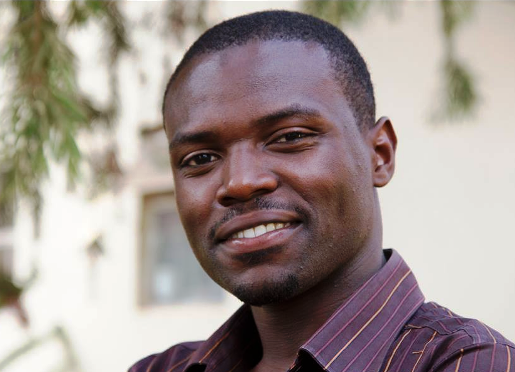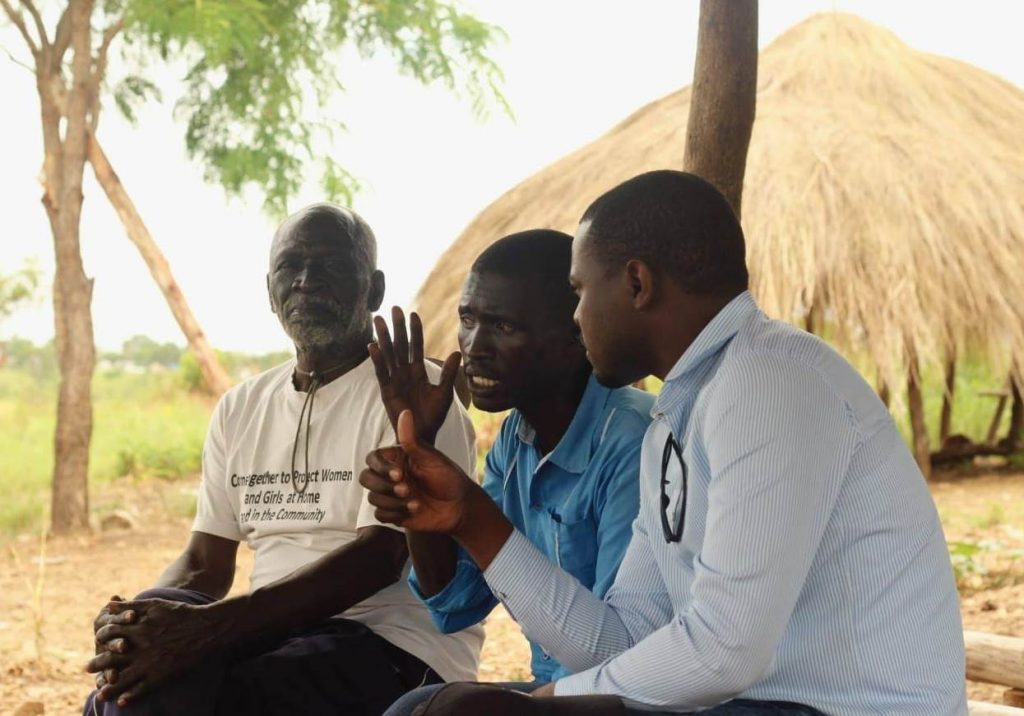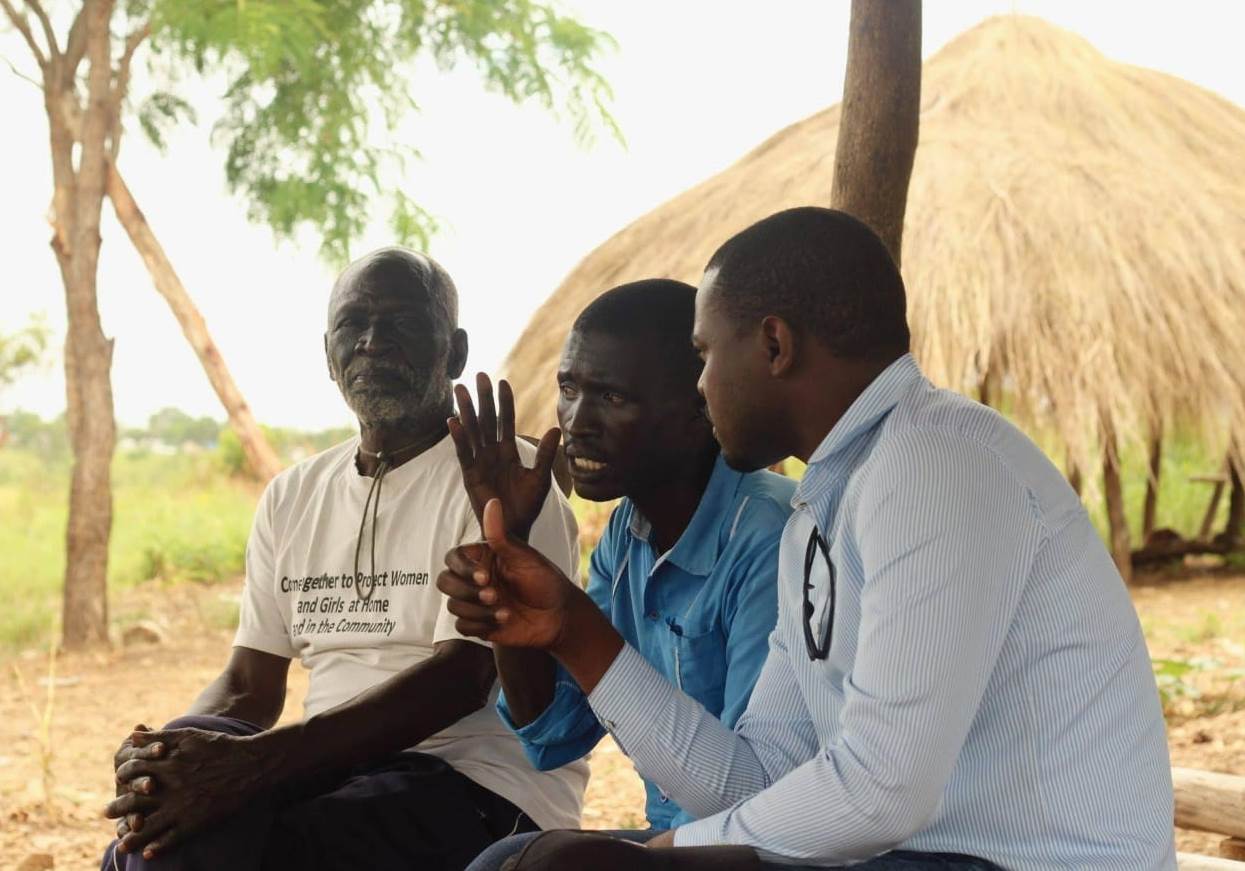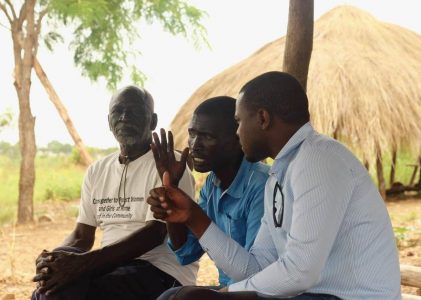
More often than not, when Global North organizations speak of capacity in the Global South, they are referring to a community’s capacity to implement Global North programmes, fill out long surveys and forms, institute and sustain “their” financial systems among others. It is almost unnecessary to question the value of such imposed systems beyond the duration of the grant or support. In turn, community-based organizations are being driven by external mandates and responding to external needs more than local ones – to which they belong and are affected by.
Authentic capacity does not have to be pegged against parameters, or measures that have no bearing to local realities. Local civil society actors are capable of leading development from the frontlines, if only the Global North can let go of the power and privilege that comes with money to impose “how” the work should be done. Capacity evolves with the opportunities present. We cannot assess people’s capacity, if the opportunities to put that capacity to use won’t exist. Hiring externally, imposing methods and supervising application, are some of the worst forms of human insecurity.
Authentic capacity does not have to be pegged against parameters, or measures that have no bearing to local realities.
To address the challenges of capacity and power, there is a need for more flexible and responsive local structures that can act as vehicles for external support. Even when external funding and support are restrictive by design, and have caused their share of social disorganization.
The way in which outsiders view locals, is one of low capacity or no capacity at all. The saviour complex, upon which this kind of development is based, doesn’t create incentives for its “beneficiaries” to self-determine and live dignified lives. Teaching people to identify as victims of life events, validates the need for continued support, but without accountability – and makes them blind to their own abilities, potential and capacity.

In 2018, we launched Civil Collective – a grassroots development fund that combines externally mobilized grants with local resources to inspire collective action. Our belief has always been that local communities have the capacity and potential to make change, but often have only been judged based on externally relevant systems, structures and definitions of “potential.” We refused to become a large NGO, driven by money and funding. We cannot champion communities to be autonomous from external control, if we too are clients to such extreme control that requires us to conform to an external definition of what we should be. We desire to jump as high as our feet can take us, and fall as wide as our bodies can accommodate. I will use the analogy of a chicken and a gizzard to illustrate this philosophy further.
Among the Baganda tribe in Uganda, there is a cultural expectation that the owner of the chicken eats the most pieces including the gizzard. The gizzard is a prized part in the chicken, eaten by the one the meal has been made for (usually a man). Our philosophy is to dislodge such privilege by ensuring the meal is prepared for, and by, everyone. Recent literature and local development experiences in the Global South have demonstrated that dependency and powerlessness are results of an externally managed development agenda. If we all contribute something, if we could all bring our accepted strengths, then no one has to contribute everything. Shared ownership and acknowledgement of our unique strength and capacity erodes such entitlement and inspires joint collaboration, action and satisfaction.
Emmanuel Kivanyuma Waiswa is a Director at Civil Collective

